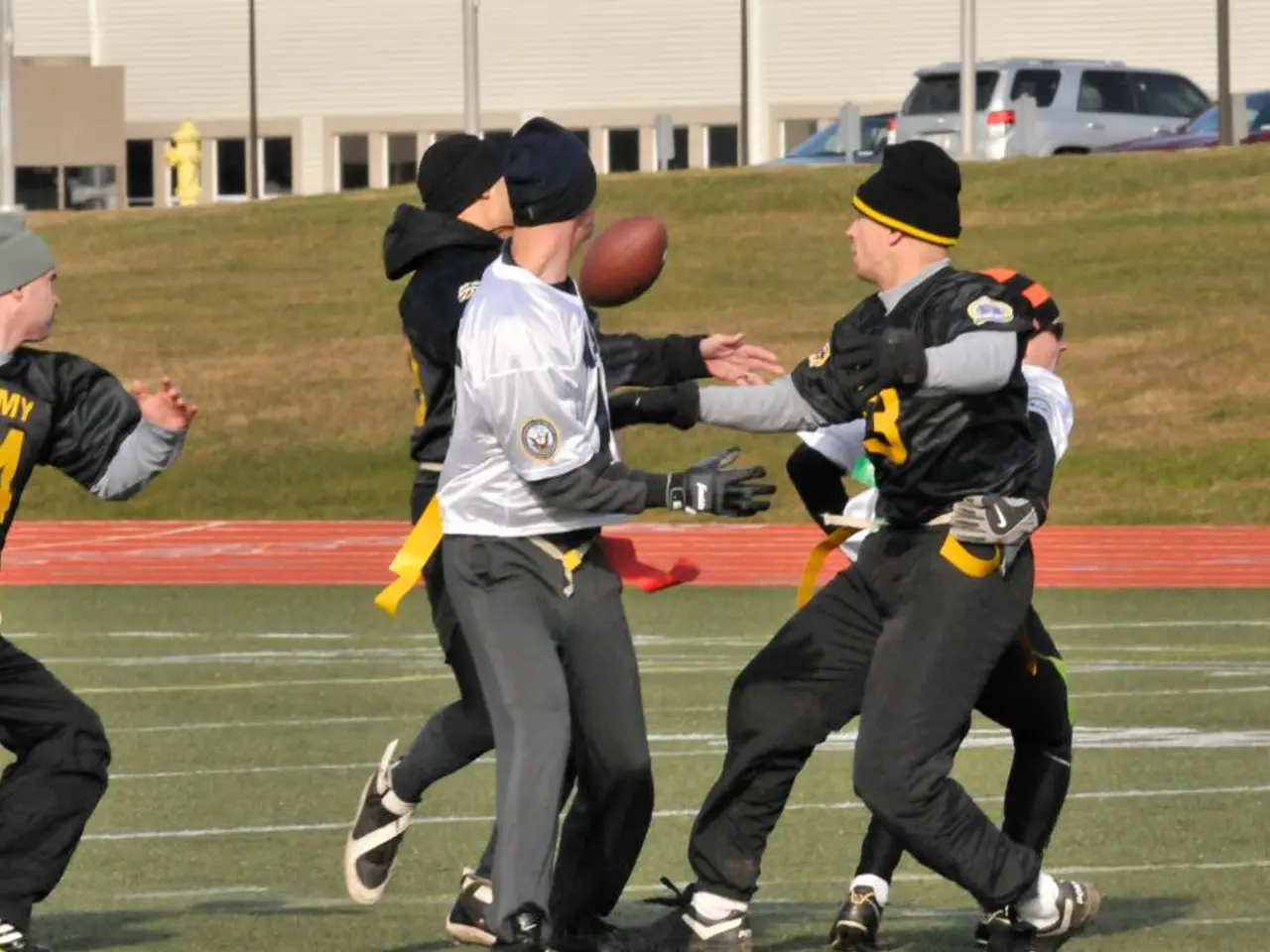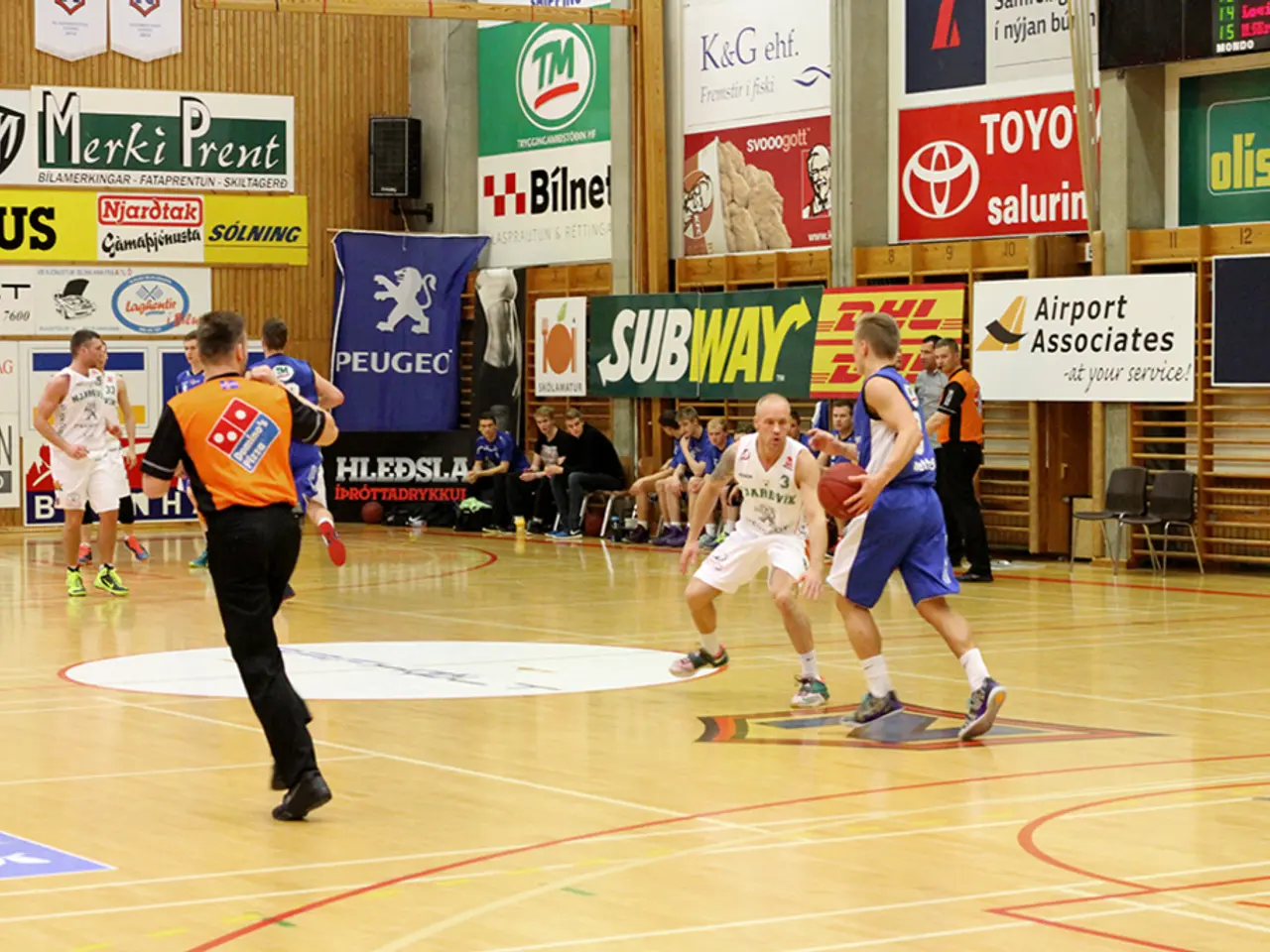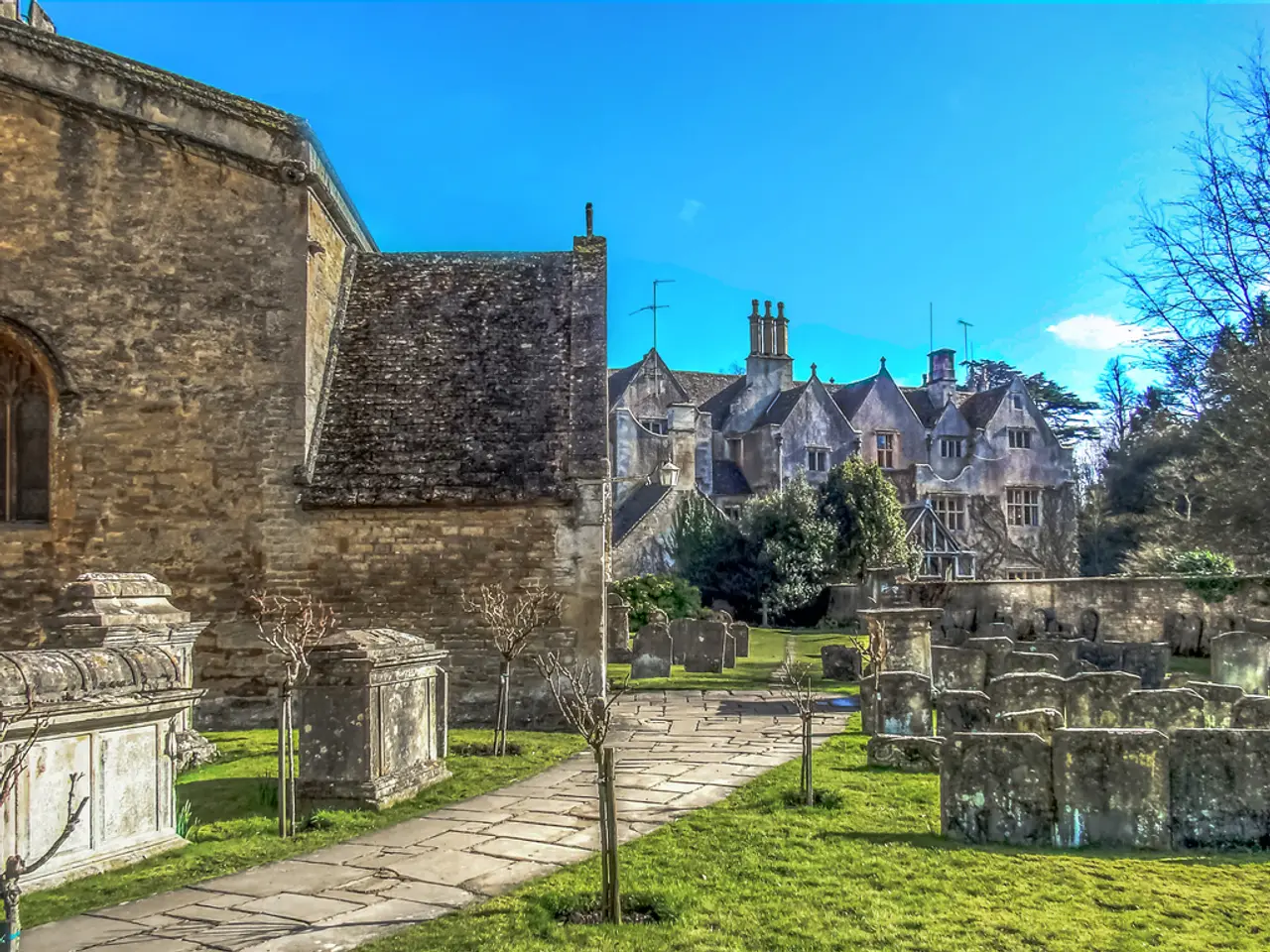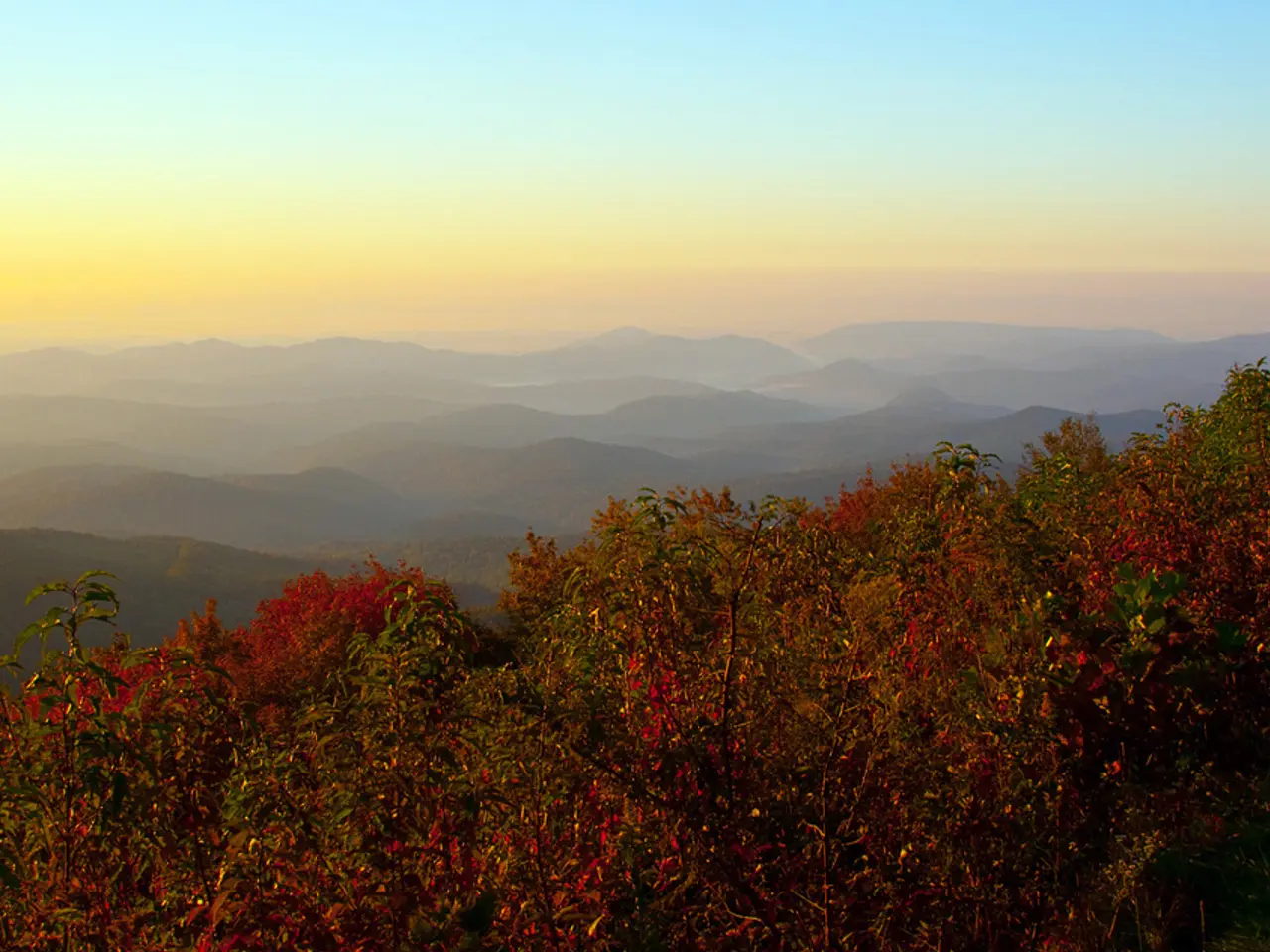Unite Together, Remain United: Group Cohesion Emphasized
In the wake of a tragic hiking incident that occurred in Arthurs Pass, New Zealand, on April 13, 2019, the New Zealand Mountain Safety Council (MSC) has reiterated its safety advice to hikers and backcountry users. The incident claimed the life of Aleksandr Tsygankov, a Russian tramp, and serves as a stark reminder of the importance of safety in the outdoors.
The MSC, in a media release dated December 12, 2021, extends its condolences to Tsygankov's family and tramping partners. The council emphasizes the importance of thorough trip planning, awareness of conditions, and rigorous risk management to avoid such tragedies.
The MSC advises that hikers should plan trips with extra caution in early winter, when snow and weather conditions can be very variable and hazardous. It is crucial to check avalanche forecasts daily before and during backcountry travel, and to travel cautiously and conservatively, avoiding risky terrain when conditions are uncertain or unstable.
Being properly equipped and prepared for harsh alpine and winter conditions is also crucial, including appropriate clothing, navigation tools, and safety gear. Hikers should stay updated on track, weather, and avalanche conditions through official sources like the Department of Conservation (DOC) and the MSC.
In light of Tsygankov's death, the MSC has emphasized the importance of staying together as a group, especially when navigating challenging terrain. Group equipment such as maps should be available to all members, and multiple copies should be carried. The heuristic trap of being 'goal focused' is a common factor in outdoor recreation incidents and contributes to 38% of tramping fatalities, according to recent research by the MSC.
The MSC warns against rushing due to lack of time, stating that it is often the wrong decision, particularly when identified early in the day. If a group is unsure of their location or cannot see a way out of high-consequence terrain, the MSC advises stopping and considering options, staying warm, and using emergency communication devices to call for help.
The council also encourages against separating from a tramping party, a recommendation endorsed by coroner Heather McKenzie. The coroner's report, based on a report from a website regarding possible scenarios that led to Tsygankov's death, makes recommendations on how deaths such as Tsygankov's can be avoided.
For any other queries, data, or photos, contact Communications Advisor Rebekah Wilson at rebekah.wilson@our website.
The MSC's safety reminders and coronial inquiries into backcountry fatalities aim to improve safety and avoid tragedies like that of Tsygankov at Arthurs Pass in 2019. The council encourages hikers to take extra care and follow their advice to ensure a safe and enjoyable outdoor experience.
Header photo: N. Watson in the Crow Valley.
[1] New Zealand Avalanche Advisory. (n.d.). Retrieved from https://avalanche.org.nz/ [2] Coroner's findings attached. [3] Department of Conservation. (n.d.). Retrieved from https://www.doc.govt.nz/ [4] Mountain Safety Council. (n.d.). Retrieved from https://mountainsafety.org.nz/
The MSC recommends further caution during early winter, suggesting hikers check avalanche forecasts daily and prepare appropriately with the right equipment for harsh alpine and winter conditions.
For safe and enjoyable outdoor experiences, the MSC advises adhering to group safety measures, such as staying together and carrying multiple copies of navigational maps.







